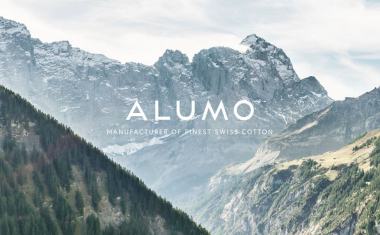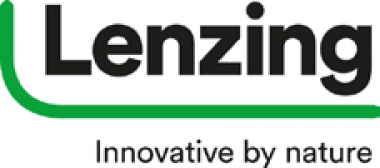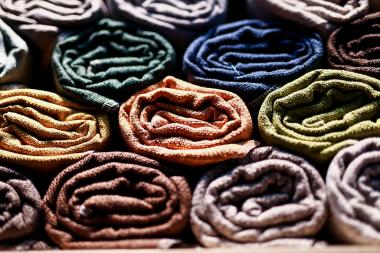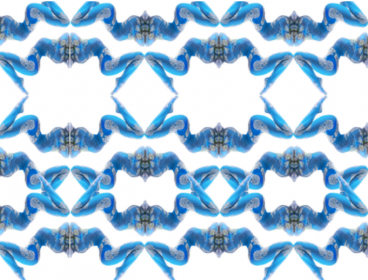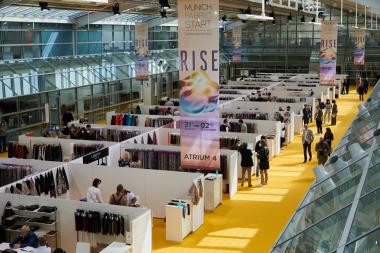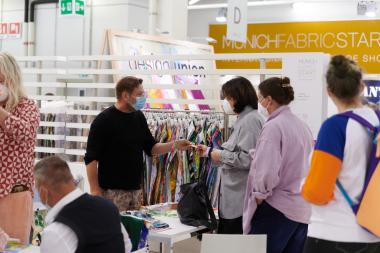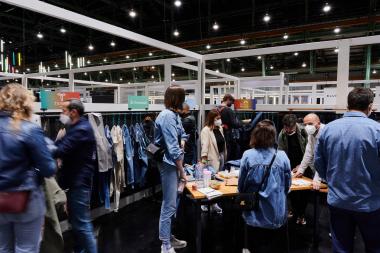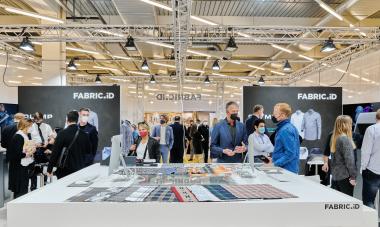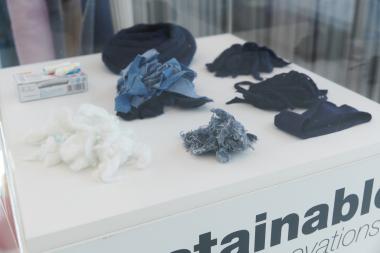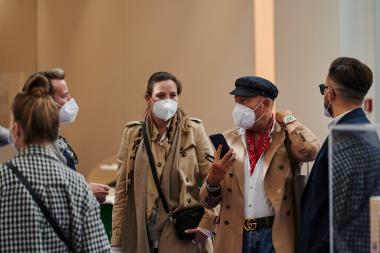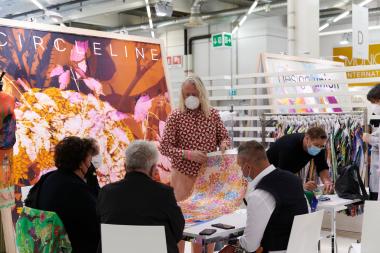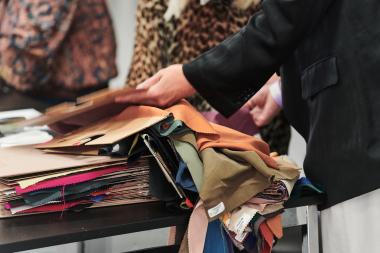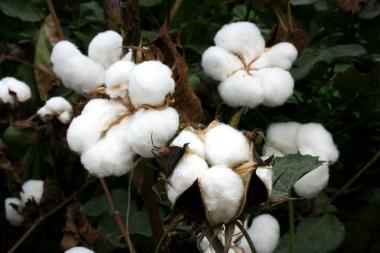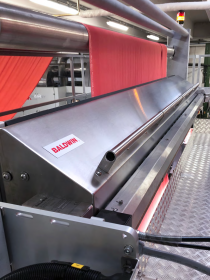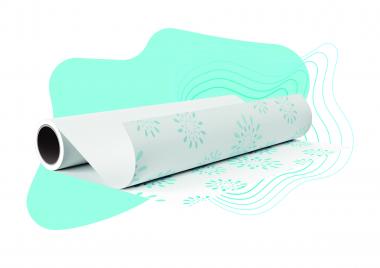Mahlo at the Innovative Textile and Apparel Show
For the second time the Innovative Textile and Apparel Show opens its virtual fairground this year. For the second time, Mahlo takes the chance to get in contact with customers from all over the world. Mahlo will present the latest systems and solutions for efficient and high-quality textile production and finishing, with the focus on process optimisation in a digital environment.
In the textile industry, Mahlo is known for high-quality automatic weft straighteners, whether roller or needle straighteners, whether for the finest textiles or heavy fabrics - interested parties can find out about the right equipment for their specific requirements.
Process control systems such as the Patcontrol PCS for pattern recognition and the Famacont PMC for controlling weft and stitch course density also contribute to textile production and finishing. Mahlo wants to support manufacturers in optimising their production processes and thus also the end product in a cost-efficient way.
Solutions for technical textiles and nonwovens
Support in the production process is also available for technical textiles and nonwovens. The focus here is on the Qualiscan QMS quality measurement system. The modularly designed system, which consists of sensors and measuring frames, measures, logs and controls critical parameters such as basis weight, moisture or layer thickness across the entire fabric width. Depending on the application and task, different measuring methods are used for this purpose.
Mahlo GmbH + Co. KG










